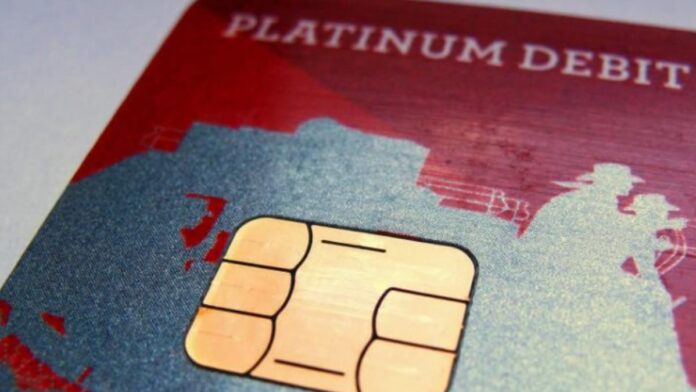When you shop online, are e-commerce platforms asking you to save or secure your debit and credit card information?
Do you use e-commerce sites like Amazon, Flipkart, and Paytm to do your shopping? Are you prompted to just save your card information on these platforms each time you make a purchase? This is because, as of October 1, new regulations governing the use of debit and credit cards for online purchases will go into force from the Reserve Bank of India. The adjustments will help make it easier and more cost-effective to pay online. The new regulations require financial institutions to generate tokens for card information. Using this token, your credit card information will be secure.
The term “tokenization” refers to the practice of replacing sensitive information like a credit card number with a random string of numbers. This includes the actual card number (16 digits), the expiration date (3 digits), and the 3-digit CVV code.
Read More: M*S video of ‘Kacha Badam’ fame Anjali Arora leaked, going viral on the internet, See Video Here
If you are making a purchase on an e-commerce website for the first time or if your card data are already stored and you need to enter only the CVV, the site will ask for your consent to store your card details until October 1, after which they will be deleted. If you decide not to let these e-commerce sites access your payment information, you will have to enter it by hand whenever you purchase in the future.
Today, when a customer purchases an e-commerce platform, their card information (except for the CVV) is stored permanently. Once the regulations are in place, however, platforms will be prohibited from storing the card details in any way.
Chief Technology Officer and Executive Director of Easebuzz, Amit Kumar, has stated that tokenization is a technique that is a reform that would significantly improve the safety of online transactions.
Currently, shoppers have a choice to make while entering their card information on the retailer’s website: “secure your cards as per RBI rules. To create a token, consumers must select this option. The card issuer will send the consumer a one-time password (OTP) to enter on their mobile device or email. On the bank’s page, the OTP is input alongside the card number, and the data is transferred for authorization of the transaction and token production. “The token is then handed to the merchant,” says Kumar. “The retailer then links it with the customers ’ data, such as the customer’s email address or phone number.
After all, experts agree that consumers need to give their approval for the entire procedure, making tokenization a service that everyone should use to safeguard sensitive information.
Tokenization will provide the optimal balance between privacy and usability. The Reserve Bank of India’s latest recommendations makes it clear that banks and FINTECH firms will need to develop tokens for card details of all types. Kumar emphasised that due to the mandate, important credentials like 16-digit card numbers, expiration dates, etc. must be disguised.
Tokenization, according to experts, will aid in protecting customers’ personal information.
They announced that card data security will now be the responsibility of banks and processors.
They claimed that it would be impossible to steal card information by reversing the payment process because of the token’s unique masking number and the immutability of the token-generating mechanism.
Payment-related disputes and fraudulent transactions would decrease according to the RBI’s new guidelines.







